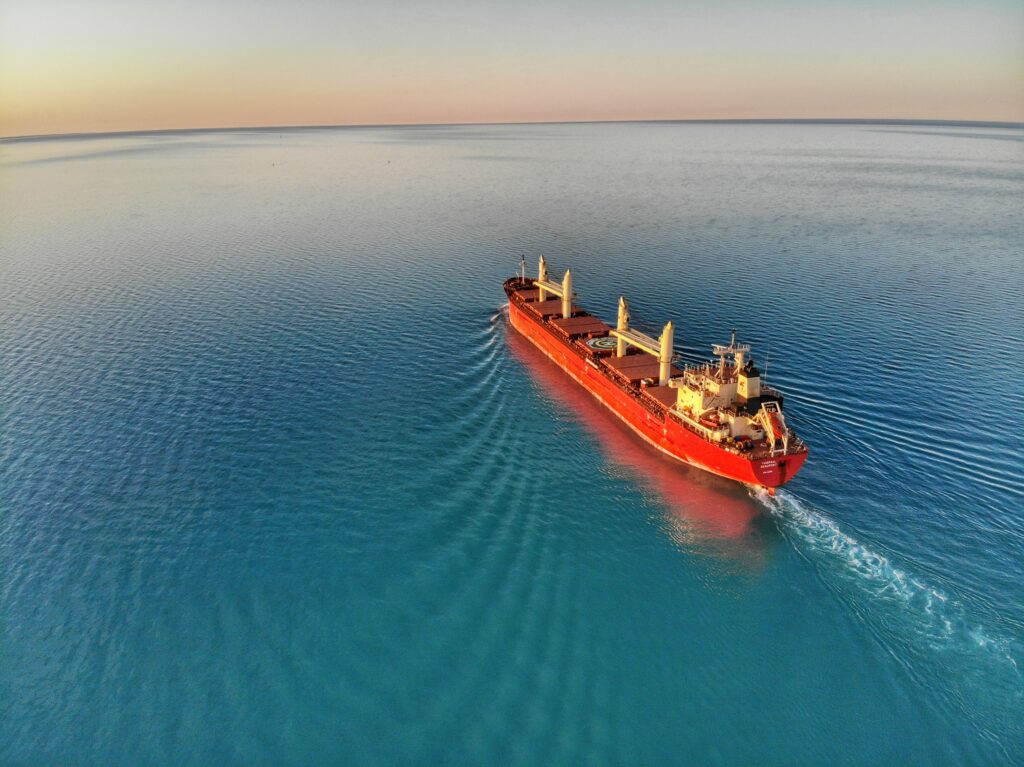The world’s oceans, covering over 70 percent of the Earth’s surface, have long been vital arteries for global commerce, communication, and strategic military importance. As essential as they are vast, maritime routes facilitate the majority of global trade. However, the 21st century has witnessed a surge in complexities surrounding maritime security, bringing forth challenges that intertwine economic, geopolitical, and legal dimensions. The robustness of international shipping and adherence to maritime law now confront evolving threats that demand renewed attention and strategies.
The Pervasive Threat of Piracy and Armed Robbery
One of the most direct and immediate threats to maritime security is the resurgence of piracy and armed robbery at sea. While often associated with historical tales, modern piracy, particularly in regions like the Gulf of Aden and the Gulf of Guinea, presents tangible dangers to shipping lanes. Pirates not only disrupt trade but also lead to significant economic losses, from stolen cargo to increased insurance premiums. Beyond the economic implications, the human cost is profound. Crew members are often taken hostage, facing potential harm or even death. Such acts, driven by economic desperation or organized criminal networks, defy international maritime law and challenge the collective efforts of nations to secure their waters.
Geopolitical Tensions in Strategic Waterways
Strategically significant maritime regions such as the South China Sea, the Strait of Hormuz, and the Arctic have become flashpoints for geopolitical tensions. These areas, critical for international shipping, witness overlapping territorial claims, competing national interests, and heightened military activities. In the South China Sea, for instance, territorial disputes have led to the militarization of islands and adjacent waters, challenging the freedom of navigation principles enshrined in international law. The Arctic, with its melting ice caps, is opening new shipping routes and unleashing competition for resources, leading to potential confrontations. The intricate dance of power in these regions not only affects maritime security but also has far-reaching implications for global geopolitics and stability.
Legal Complexities and the Challenge of Enforcement
The vastness of the oceans, combined with the intricacies of maritime law, often leads to enforcement challenges. The United Nations Convention on the Law of the Sea (UNCLOS) provides the primary legal framework governing maritime activities. However, interpretations vary, and not all states are signatories. Exclusive Economic Zones (EEZs), territorial waters, and international waters each come with their own sets of rights and responsibilities. Violations, whether through illegal fishing, unauthorized naval maneuvers, or environmental pollution, often lead to disputes. The challenge lies not just in the formulation of maritime laws but, more crucially, in their effective enforcement. Regional cooperation, information sharing, and international maritime institutions play a pivotal role in ensuring adherence to established norms.
In conclusion, the maritime domain, once perceived as the vast, uncontested frontier for global activities, has become a cauldron of security challenges in the 21st century. From piracy to geopolitical confrontations, the stakes have never been higher. As global commerce and connectivity continue to rely heavily on the world’s oceans, a collective, strategic, and law-centric approach is imperative to ensure that maritime spaces remain zones of peace, cooperation, and shared prosperity. Addressing the multifaceted challenges of maritime security is not just a task for naval powers or coastal states but a shared responsibility of the global community.

